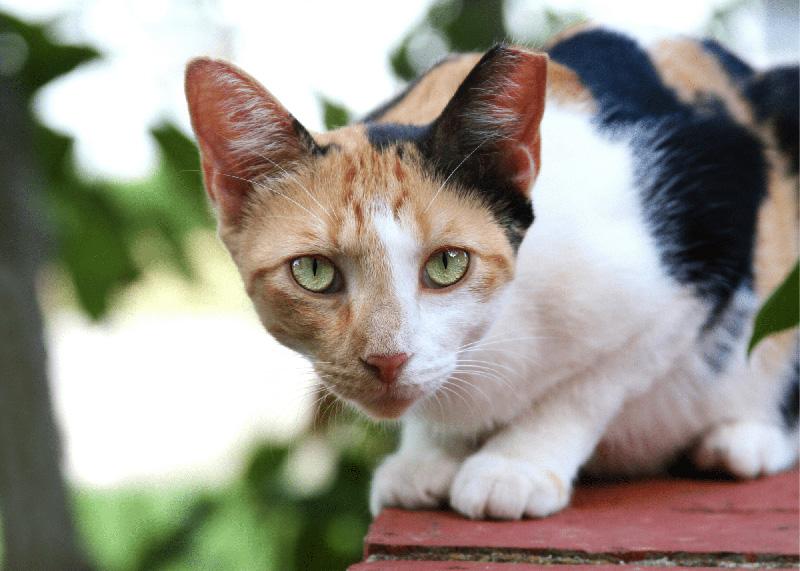As Part of Petco Love’s Initiative to Provide 1 Million Free Pet Vaccines, Texas Coalition for Animal Protection (TCAP) Will Distribute Free Pet Vaccines between Monday, September 13 and Saturday, September 18 at all open TCAP locations
Dallas-Fort Worth, TX (September 7, 2021) – Texas Coalition for Animal Protection will provide free vaccinations for community name area pets. The free vaccines are made possible through Petco Love’s new national vaccination initiative, which is providing 1 million free pet vaccines to its existing animal welfare partners, including Texas Coalition for Animal Protection, for family pets in need.
Parvovirus and distemper in dogs, and panleukopenia in cats, are some of the most prevalent deadly diseases impacting pets that are preventable with a simple vaccine. An estimated 30% of pet parents do not take their pet to a veterinarian annually for preventative care. To address this critical need, Texas Coalition for Animal Protection and Petco Love are partnering to make pet vaccines free and accessible in an effort to ensure the health and wellness of our beloved pets.
Texas Coalition for Animal Protection aims to vaccinate 1,900 pets through this effort. TCAP will offer free distemper vaccines for dogs and cats at all open TCAP locations between 9/13/21 – 9/18/21 on a first-come, first-served basis. All walk-in hours and event details are listed on TCAP’s vaccine calendar: https://www.texasforthem.org/hours-locations/vaccinations/.
Vaccines distributed through the Petco Love initiative will be the Canine distemper and Feline distemper vaccines.
“Petco Love helps our communities in so many ways. We at TCAP appreciate the opportunity to provide these essential vaccines at no cost to pet owners in our community,” said Stacey Schumacher, Executive Director of Texas Coalition for Animal Protection. “We urge community members to take advantage of this free resource to ensure the health and wellness of our community’s pets.”
“It is heartbreaking when any pet suffers or dies from a disease that could have been prevented. It is further exacerbated when unvaccinated pets come into busy shelter kennels, where these deadly diseases can spread quickly, resulting in multiple deaths, skyrocketing expenses, and hindering saving pet lives,” said Susanne Kogut, Petco Love President. “By creating greater awareness and making this crucial preventative care more accessible to pets not currently receiving these lifesaving vaccines, we can prevent the dangerous spread of disease.”
For more information about vaccine distribution, contact Texas Coalition for Animal Protection. To learn more about Petco Love’s lifesaving impact, visit PetcoLove.org.
###
About Texas Coalition for Animal Protection
Texas Coalition for Animal Protection is a 501(c)(3) non-profit that works to end pet overpopulation and improve community animal welfare. TCAP accomplishes this goal by making affordable, high-quality preventative services available to Texas pet owners. Since 2002, TCAP has provided more than 502,419 spays and neuters and vaccinated more than 1,108,637 North Texas pets against the deadly rabies virus.
About Petco Love
Petco Love is a nonprofit changing lives by making communities and pet families closer, stronger, and healthier. Since our founding in 1999 as the Petco Foundation, we’ve empowered animal welfare organizations by investing $300 million in adoption and other lifesaving efforts. We’ve helped find loving homes for more than 6.5 million pets in partnership with Petco and organizations nationwide. Today, our love for pets drives us to lead with innovation, creating tools animal lovers need to reunite lost pets, and lead with passion, inspiring and mobilizing communities and our more than 4,000 animal welfare partners to drive lifesaving change alongside us. Is love calling you? Visit petcolove.org or follow at Facebook, Instagram, Twitter and LinkedIn to be part of the lifesaving work we’re leading every day.











